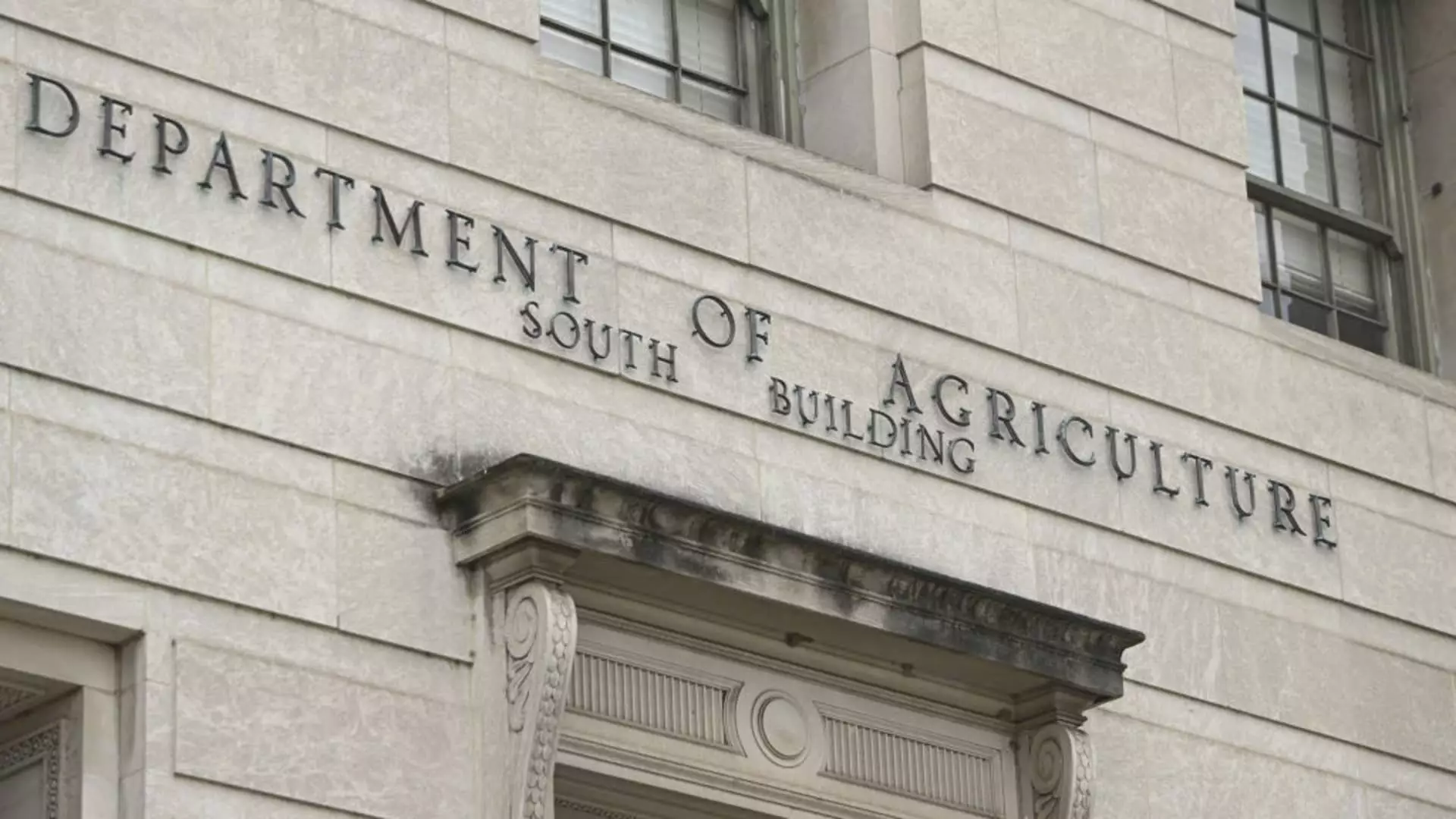The recent announcement regarding President-elect Donald Trump’s anticipated selection of Brooke Rollins as Agriculture Secretary has stirred conversation across agricultural, political, and economic spheres. Rollins, who is currently the president of the America First Policy Institute, holds a significant role that could drastically shape agricultural policy and impact nutrition and rural development in the U.S. By heading a vast department with a workforce of 100,000 and a budget stretching over $437 billion for the year 2024, her leadership could redefine federal interactions with farmers, consumers, and rural communities alike.
The Department of Agriculture (USDA) encompasses a broad range of functions—from developing trade agreements that affect the livelihoods of producers to overseeing the safety of the food supply. Rollins’ execution of these responsibilities would undoubtedly affect everyday American life, influencing everything from the cost of groceries and food quality to rural broadband access. The agency’s efforts extend into areas such as home and farm lending and agricultural research, key components for sustaining the nation’s agricultural backbone and ensuring food security.
The implications of Rollins’ potential confirmation extend beyond mere policy adjustments. Given the America First Policy Institute’s close ties to Trump’s campaign, Rollins’ appointment could signal a continued push towards protectionist trade policies, including the reinstitution of tariffs that could significantly impact farmers. This direction could lead to heated negotiations in upcoming trade discussions, especially considering contentious issues surrounding U.S.-Mexico-Canada relations, particularly with genetically modified organisms and dairy import quotas. Farmers in the U.S. could find themselves navigating murky waters amidst these disputes.
One significant area that Rollins is likely to tackle involves the exploration of clean fuel tax credits, particularly for biofuels that could align with her administration’s sustainability objectives. As global emphasis on sustainable practices intensifies, Rollins’ role could pave the way for advancements in biofuel production, including sustainable aviation fuel initiatives. The intersection of agriculture and environmentalism presents both opportunities and challenges. Balancing farmer needs with regulatory frameworks will not only be pivotal for Rollins but crucial for the agricultural sector as a whole.
Despite the prospects, Rollins faces formidable challenges in executing her agenda as Agriculture Secretary. The agricultural landscape in the U.S. is fraught with diverging interests, and navigating these waters will require balance and diplomacy. Discontent arising from trade negotiations, health, and safety regulations could transform into significant hurdles if not managed wisely. Additionally, her experiences from past administration roles will be tested as she addresses emerging issues within a politically charged environment that often prioritizes partisan agendas over collaborative solutions.
The expected confirmation of Brooke Rollins as Agriculture Secretary signals a potentially transformative period for U.S. agriculture. With her leadership, the USDA is poised to undertake a whirlwind of change that could impact American diets, farming practices, and trade dynamics. While the alignment with Trump’s policies incites optimism among some, it instills anxiety in others. The upcoming months will likely reveal the true depth of Rollins’ influence on America’s agricultural scene, a topic that merits close observation by both supporters and critics alike.


Leave a Reply